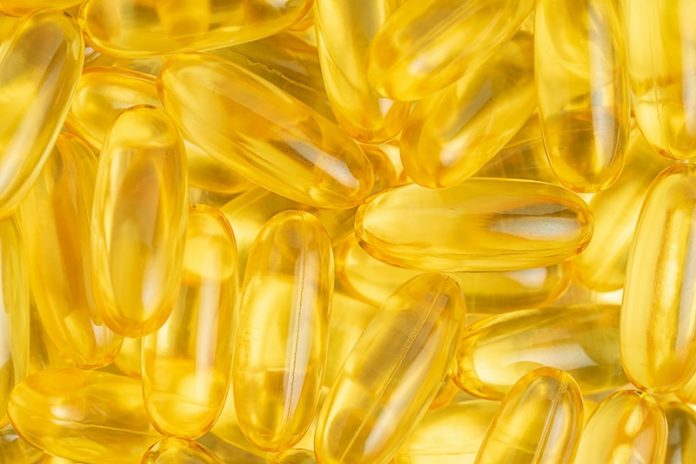
Inflammation: it’s a natural process that helps your body heal and defend itself from harm. However, inflammation can sometimes run wild, leading to chronic diseases including arthritis, diabetes, and heart disease.
Alongside medication and lifestyle changes, many people are turning to natural supplements to help fight inflammation. Here’s a look at eight anti-inflammatory supplements backed by science.
- Turmeric (Curcumin) Turmeric, the golden spice known for its role in Indian cuisine, contains curcumin—a compound with potent anti-inflammatory properties. Research has shown that curcumin is effective in reducing inflammation related to arthritis, diabetes, and other conditions.
However, curcumin is poorly absorbed on its own, so it’s often recommended to take it with black pepper extract (piperine) to enhance absorption.
- Omega-3 Fatty Acids Found in fish oil and flaxseed oil, omega-3 fatty acids are champions at combating inflammation. Studies have demonstrated that omega-3s can reduce the production of molecules and substances linked to inflammation, such as eicosanoids and cytokines.
Regular omega-3 supplementation has been shown to help reduce symptoms of arthritis, improve heart health, and prevent inflammation-related diseases.
- Ginger Ginger, beyond its widespread use in cooking and natural remedies, has been found to possess anti-inflammatory properties. Research suggests that ginger can inhibit the synthesis of pro-inflammatory compounds and has antioxidant effects.
Ginger supplements have been used to alleviate inflammation-related conditions such as digestive disorders and arthritis.
- Green Tea Extract Green tea is packed with antioxidants and compounds that can help reduce inflammation. The key ingredient, epigallocatechin-3-gallate (EGCG), has been shown to be effective in reducing inflammation markers and protecting cells from damage.
- Resveratrol Resveratrol, a compound found in red wine, grapes, and berries, is known for its anti-inflammatory and antioxidant properties.
Studies have indicated that resveratrol can reduce inflammation in individuals with heart disease, insulin resistance, gastritis, and other conditions.
- Zinc Zinc is a mineral essential for immune function and the control of inflammation. Adequate zinc intake has been linked to reduced levels of inflammation and oxidative stress. Zinc supplements are often used to help heal wounds, boost immune function, and reduce inflammation.
- Vitamin D Vitamin D deficiency is linked to increased inflammation and a higher risk of developing inflammatory diseases.
Supplementing with vitamin D can help reduce inflammation and protect against disease by modulating the immune system and suppressing pro-inflammatory responses.
- Spirulina Spirulina, a type of blue-green algae, has gained popularity as a dietary supplement for its potential health benefits, including anti-inflammatory effects.
Studies suggest that spirulina can decrease the production of inflammatory markers and may be beneficial in reducing symptoms in allergic rhinitis and other inflammatory conditions.
The Takeaway Natural supplements can be a powerful ally in the fight against inflammation, offering a range of health benefits with fewer side effects than traditional medications.
However, it’s important to consult with a healthcare provider before starting any supplement regimen, especially if you have underlying health conditions or are taking other medications.
With the right approach, incorporating these anti-inflammatory supplements into your diet can be a step toward better health and reduced inflammation.
If you care about inflammation, please read studies about the big cause of inflammation in common bowel disease, and vitamin B may help fight COVID-19 and reduce inflammation.
For more information about nutrition, please see recent studies about new way to halt excessive inflammation, and results showing foods that could cause inflammation.
Copyright © 2024 Knowridge Science Report. All rights reserved.



